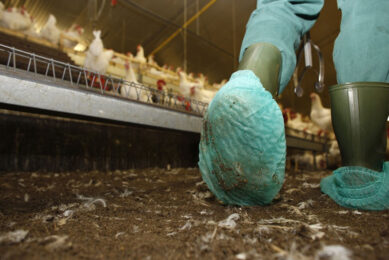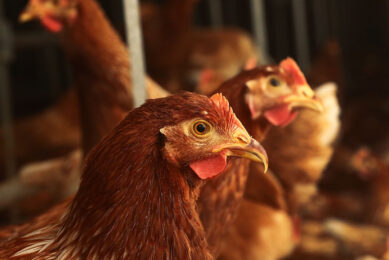Faster Campylobacter screener developed

Campylobacter infection is a worldwide public health concern and is the leading cause of enteric illness in many countries. With about 50,000 human cases of illness per year, campylobacter is the most common known cause of food borne infection contracted inUK.
Tougher regulatory standards and more stringent testing cause delays in products hitting the shelves and so processors are constantly searching for faster methods to test food safety.
A new campylobacter testing system, developed by DuPont, can reduce result times from days to hours, compared to traditional methods, the manufacturer claims.
The new real-time campylobacter assay can produce results within two and a half hours for contaminated samples, and within two days for those requiring enrichment, the manufacturer claims. Most current screening procedures for campylobacter are culture-based, take at least three days for a result and do not differentiate between species without additional investigational work. The new assay also allows differentiation between the pathogenic species C. jejuni, C. coli and C. lari, and quantification of three campylobacter species.
DuPont Qualicon BAX system targets specific probes by measuring fluorescence. The BAX system is simple and testing is straight-forward and requires no additional equipment, the manufacturer claims.
A representative for the company said that the Food Standards Agency strategic plan for 2005 – 2010 includes a commitment “to work with the industry to achieve a 50 per cent reduction in the incidence of UK produced chickens which test positive for campylobacter by 2010.”
Related articles:
The Campylobacter battle: a fight of global proportions
Industry supports campylobacter project
CARMA controls Campylobacteriosis in the Netherlands
Join 31,000+ subscribers
Subscribe to our newsletter to stay updated about all the need-to-know content in the poultry sector, three times a week. Beheer
Beheer








 WP Admin
WP Admin  Bewerk bericht
Bewerk bericht